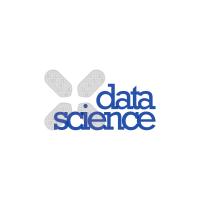Evaluating the multi-task learning approach for land use regression modelling of air pollution
Journal of Physics: Conference Series, 1834 (1):
012004 (March 2021)DOI: 10.1088/1742-6596/1834/1/012004
Abstract
Air pollution has been linked to several health problems including heart disease, stroke and lung cancer. Modelling and analyzing this dependency requires reliable and accurate air pollutant measurements collected by stationary air monitoring stations. However, usually only a low number of such stations are present within a single city. To retrieve pollution concentrations for unmeasured locations, researchers rely on land use regression (LUR) models. Those models are typically developed for one pollutant only. However, as results in different areas have shown, modelling several related output variables through multi-task learning can improve the prediction results of the models significantly.
In this work, we compared prediction results from single-task and multi-task learning multilayer perceptron models on measurements taken from the OpenSense dataset and the London Atmospheric Emissions Inventory dataset. LUR features were generated from OpenStreetMap using OpenLUR and used to train hard parameter sharing multilayer perceptron models. The results show multi-task learning with sufficient data significantly improves the performance of a LUR model.
Links and resources
Tags
community
@msteininger's tags highlighted



